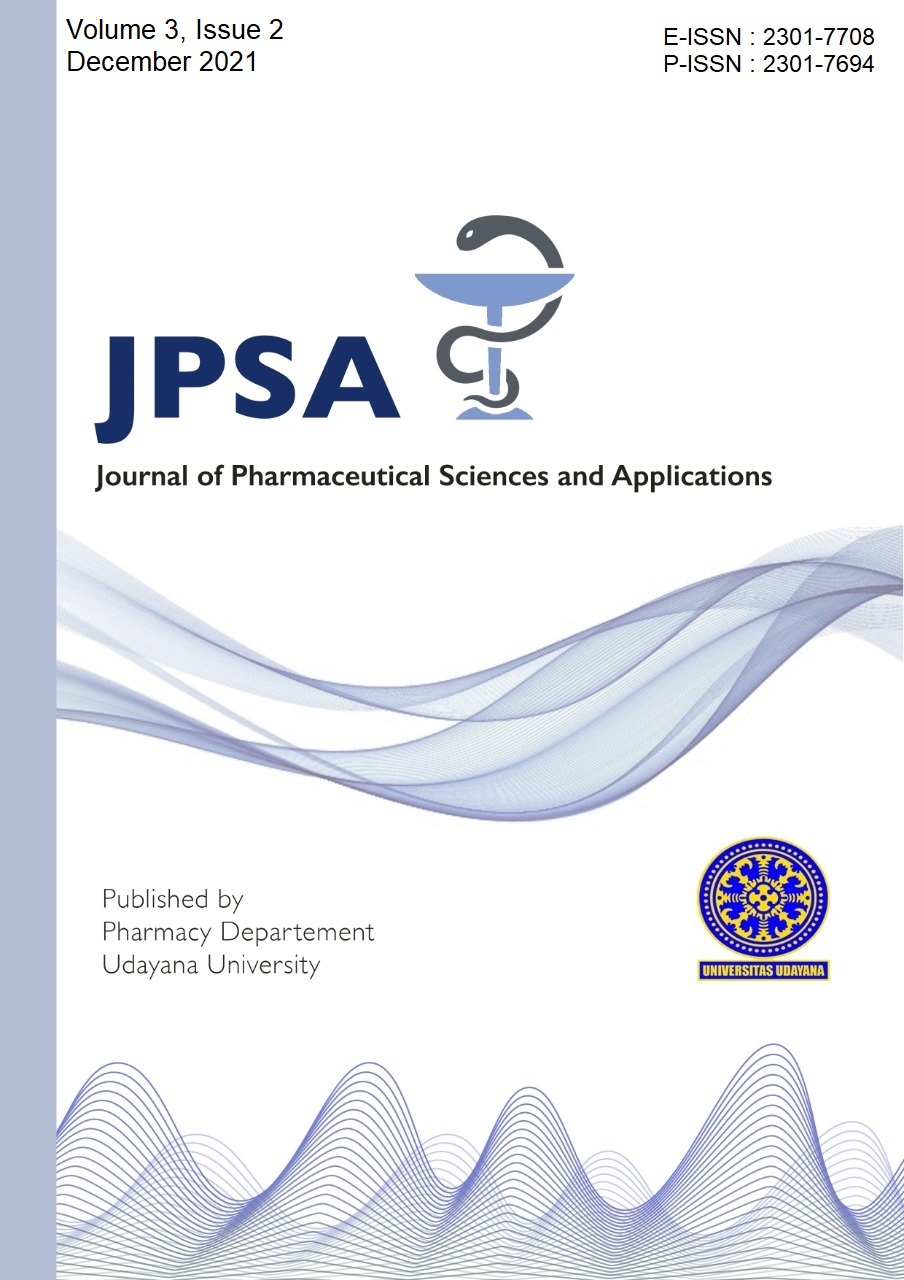IDENTIFICATION OF PUBLIC MEDICINE STORAGE PROFILE IN THE COMMUNITY PHARMACY: A SYSTEMATIC REVIEW
: A SYSTEMATIC REVIEW
Abstract
Background: Drug is the most common form of therapy and an integral part of almost all levels of care. The conditions and proper way of storing medicines at home are important aspects of safe and effective drug treatment. Information about the knowledge of patients with appropriate storage conditions, rational drug use, appropriate drug use and management of various drugs is essential in helping pharmacists identify which medicinal products and aspects of home storage require more attention when counselling patients. Objective: The aim of this systematic review is to identify and characterize the mode of storage associated with home-stored pharmaceuticals. Methods: This systematic review analyzes the storage methods for medicines to identify and characterize the storage methods associated with medicines stored at home. The limitation of publication used, namely English and Indonesian in the last 10 years, and obtained through literature that can be considered relevant. Results: This systematic review was conducted in the period July, August, September 2020 - February 2021. As many as 20 journals were obtained. Those who met the inclusion criteria were 10 journals. Of the 10 journals that had met the inclusion criteria, 3 journals were excluded so that only 7 journals were used in the literature review / systematic review. The storage of medicines in the household is based on the presence of family members who have certain diseases so that they have to consume drugs in the long term, the presence of health workers, and the education level of family members. Problems that can arise with drug storage conditions are impaired drug stability and can accelerate drug degradation prematurely. Storage of medicines in the medicine cabinet and out of reach of children is highly recommended. Placement of drugs in one place without being separated and a lack of awareness in administering specific markings can increase drug administration errors and lead to non-compliance with over-the-counter drug use. The application of drug management in the family can improve the quality of life and avoid the adverse effects of drug misuse. Conclusion: This study raises relation to medicines stored inside homes that warrant addressing that need pharmacists regarding public education in relation to drug therapy that goes beyond the dispensing process. They were judging by the finding that pharmacists were not considered primary sources of drug-related information. Good practices should be encouraged through continued health education at health institutions and retail medicine outlets.
Keywords: Drugs, Storage, Household
Downloads

This work is licensed under a Creative Commons Attribution 4.0 International License.
Authors who publish with this journal agree to the following terms:
Authors retain copyright and grant the journal right of first publication with the work simultaneously licensed under a Creative Commons Attribution License that allows others to share the work with an acknowledgment of the work's authorship and initial publication in this journal.
Authors are able to enter into separate, additional contractual arrangements for the non-exclusive distribution of the journal's published version of the work (e.g., post it to an institutional repository or publish it in a book), with an acknowledgment of its initial publication in this journal.
Authors are permitted and encouraged to post their work online (e.g., in institutional repositories or on their website) prior to and during the submission process, as it can lead to productive exchanges, as well as earlier and greater citation of published work. (See The Effect of Open Access).

This work is licensed under a Creative Commons Attribution 4.0 International License.


 HOME
HOME
















